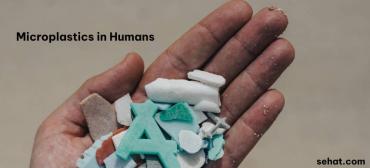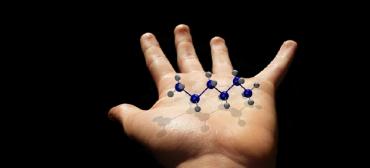Mouth Infections
What is the herpes simplex virus?
Some people call it a cold sore, others a fever blister, but this annoying and often painful chronic condition is caused by the same virus: herpes simplex. About 50 percent to 80 percent of US adults have oral herpes. According to the National Institutes of Health (NIH), by age 50, approximately 90 percent of adults have been exposed to the virus. Once infected, a person will have the herpes simplex virus for the rest of his/her life. When inactive, the virus lies dormant in a group of nerve cells. Some people never have any symptoms from the virus; others have periodic outbreaks of infections.
How long do the herpes lesions last?
The herpes lesions typically last a week to 10 days and most often occur around the lips, oral mucosa, and/or tongue. The lesions occur first as fluid-filled blisters that rupture after a day or two. The sores will weep fluid that contains the virus, and after a few days, will form crusts or scabs. The virus is highly contagious and can be spread by skin-to-skin contact such as kissing.
The two most common forms of the virus are herpes simplex virus type 1 (HSV-1) and herpes simplex virus type 2 (HSV-2). HSV-1 is most often associated with infections of the oral cavity, with up to 90 percent of people in the US exposed to this virus. HSV-2 is most often associated with genital herpes infections, with up to 30 percent of people in the US exposed to this virus. However, both types of HSV can infect both the mouth and the genitals.
How can HSV infections be prevented?
Since HSV is transmitted through direct, physical contact, such as kissing and sexual contact, the best method of prevention is to avoid physical contact with the HSV sores when someone is experiencing an outbreak of the disease. However, genital herpes can be contagious without causing any symptoms of the disease, according to the CDC.
What are the symptoms of an oral herpes simplex virus infection?
Initial (primary) infection of the oral herpes simplex virus may cause severe, flu-like symptoms, swollen lymph nodes, and headache. Some individuals experience no symptoms at all. Lesions in initial infections occur around the mouth and on oral mucosa and the tongue.
Recurring infections tend to be much milder, and the sores usually erupt in the edges of the lips. Some individuals never have any more symptoms beyond the initial infection. The following are the most common signs and symptoms of a recurring oral herpes simplex virus infection. However, each individual may experience symptoms differently. The progression of signs and symptoms may include:
-
Initial redness, swelling, heat, and pain, or itching in the area where the infection will erupt.
-
Painful, fluid-filled blisters may appear on the lips or under the nose. These blisters, and the fluid they contain, are highly contagious.
-
The blisters leak fluids and become sores.
-
After approximately four to six days, the sores start to crust over and heal.
The signs and symptoms of an oral herpes simplex virus outbreak may resemble other conditions or medical problems. Always consult your physician for a diagnosis.
What causes the virus to recur?
It is not clear what triggers the virus to recur, but several factors are thought to stimulate the process. Prolonged or intense exposure to sunlight, a recent fever, emotional stress, menstruation, surgery, or physical injury are factors that might contribute to a recurrence of the virus. Recurrent outbreaks are more common in the first year after the initial episode, then lessen as the body builds antibodies to the virus.
How is an oral HSV infection diagnosed?
Herpes simplex virus is difficult to diagnose. Often confused with many other infections, such as allergic reactions, the herpes simplex virus can only be confirmed with a virus culture, blood test, or biopsy. However, the location of the blisters usually is, to a physician or dentist, a positive indication of an infection.
What are treatments for oral HSV infections?
Treatment depends on the severity of symptoms of the HSV virus. Specific treatment for HSV infection will be determined by your physician based on:
-
Your age, overall health, and medical history
-
Extent of the disease
-
Your tolerance for specific medications, procedures, or therapies
-
Expectations for the course of the disease
-
Your opinion or preference
Treatment may involve:
-
Keeping the infected area clean and dry
-
Antibiotic treatment for any secondary bacterial infections
-
Topical antiviral creams
-
Oral antiviral medications





















